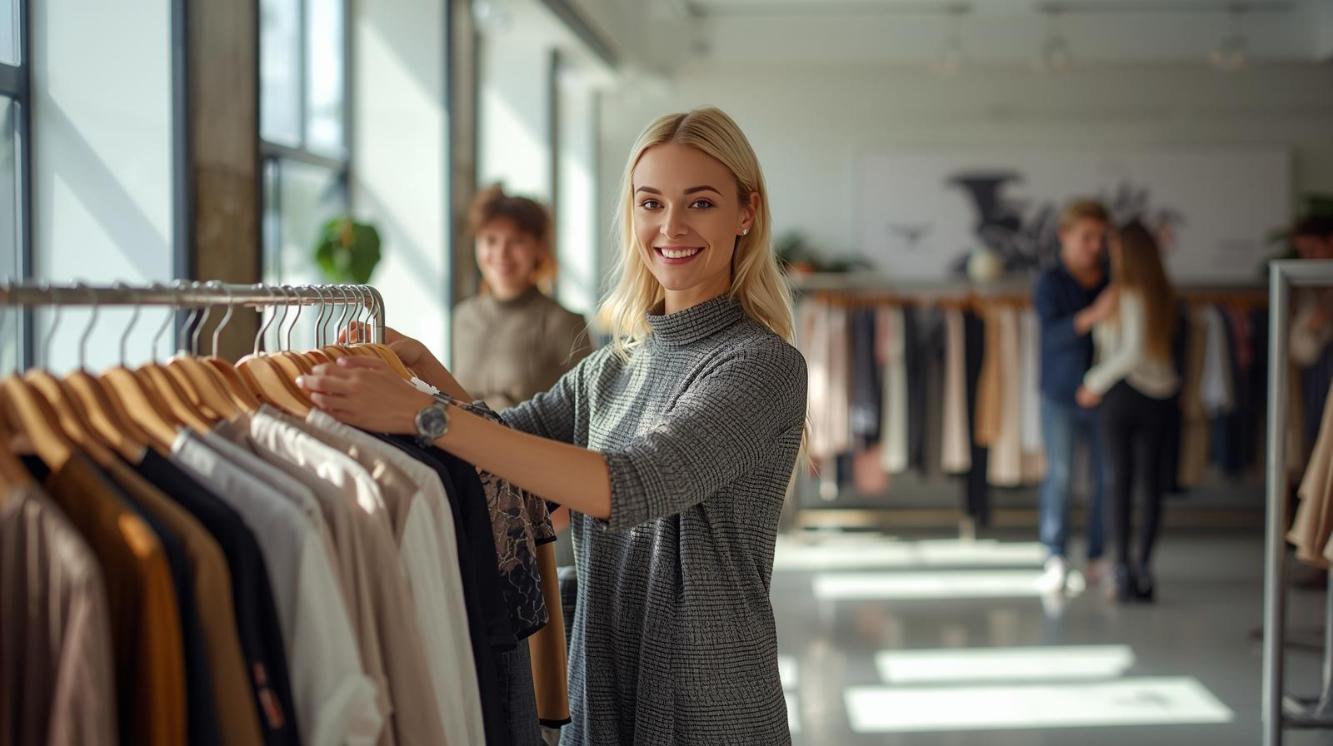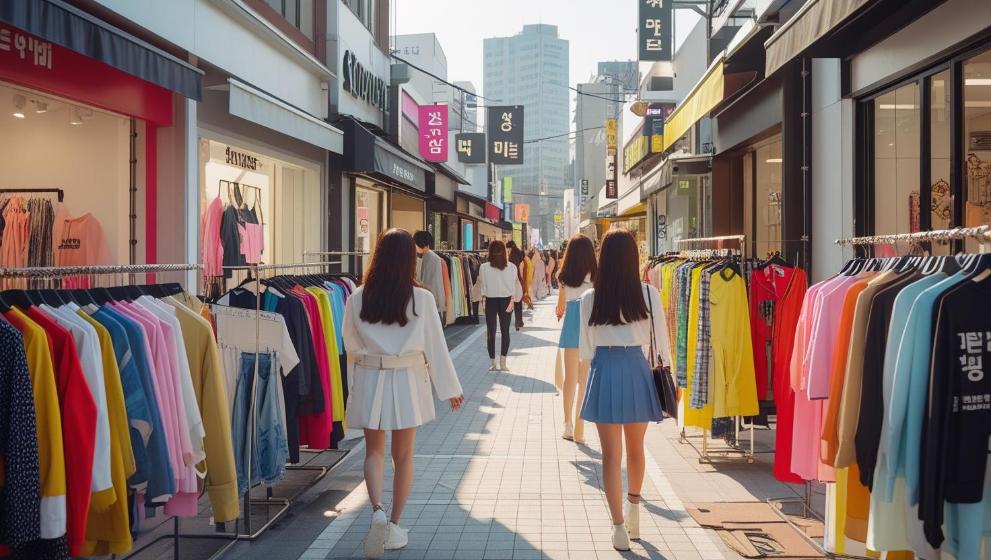
Brisbane’s fashion industry is renowned for its unparalleled attention to detail. Countless hours are spent perfecting stitches and curating fabrics to create a story with every item of clothing. It’s hard to believe that a key part of the story is often overlooked—right underfoot. The difference that periodically clean tiles for longevity can have on a space’s perception and the label’s reputation is uncanny.
Flooring as the Silent Storyteller of Style
A customer’s initial interaction with a boutique often starts with the ambience, even before the clothes are visible. Sparkling tiles and polished grout lines significantly alter a customer’s perception compared to dull and stained floors.
The former, in addition to the clothes, would signal to the customer the attention and care that the brand extends down the runway, while the latter would, paradoxically, signal to the customer a world of neglect and apathy.
Tiles Contributing to the Total Fashion Concept
As with many things in excess, clothes without thoughtful planning and consideration around them become ineffective. For instance, in-showroom, studio, and pop-up events focused on the Brisbane design market, the touch of clean bordering on pristine tiles with the rest of the exhibition frames the floors and tiles like accessories to the garments.
The floor lit under the unparalleled boutique lights does not serve as a backdrop but as a canvas attitude floor, enhancing each and every look that crosses its path.
The Stylish Practicality of Maintenance
Like tools, tiles,, without care and maintenance, their elegance can dull with time. This, in turn, will negatively affect the reputation of a brand. Such as how the professional tile and grout cleaning services in Brisbane restore every floor to its former brilliance, ensuring that the tiles remain in trend throughout the seasons.
For these designers, however, the assumption of tiled floors having a look that values style is a secluded one. This style, which values substance along with its pair style, is a test that many brands tend to fall short of.
ALSO READ: The New Gateway to Seoul’s Hottest Fashion Deals Lies in Address Collection Sites
Company Values Reflection
Fabulously polished tiles symbolize certain values, just as cleaner tiles represent different values when paired with couture gowns and tailored suits. Every client subliminally contributes to the polished tiles, just as the polished tiles reflect the creativity of the designer.
A polished fashion house is enhanced even more with the finesse of the tiles, as they add more glamour to the apparel.
Connecting Fashion with Lifestyle
Maintaining tiles with perfection acts as a form of lifestyle. Fashion has a life of its own for all consumers, who desire it to be great, with beautiful details that extend even to the store’s atmosphere. Designers in Brisbane, who attain this view, are not, in fact, selling clothing; they are selling a lifestyle that is beautiful and simple.
Conclusion
For fashion designers in Brisbane, tiles are much more than a practicality. Adequately maintained tiles can instill a strong focus on the Braden house, and the experience can be elevated evermore, as every single piece of clothing is tailored to reflect in the tiles, while the tiles reflect back.
In addition to the above, regular professional cleaning ensures the tiles are not just maintained but become a part of the fashion narrative.


